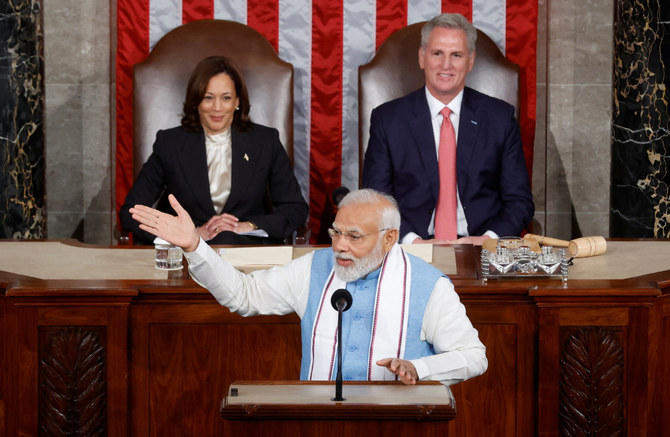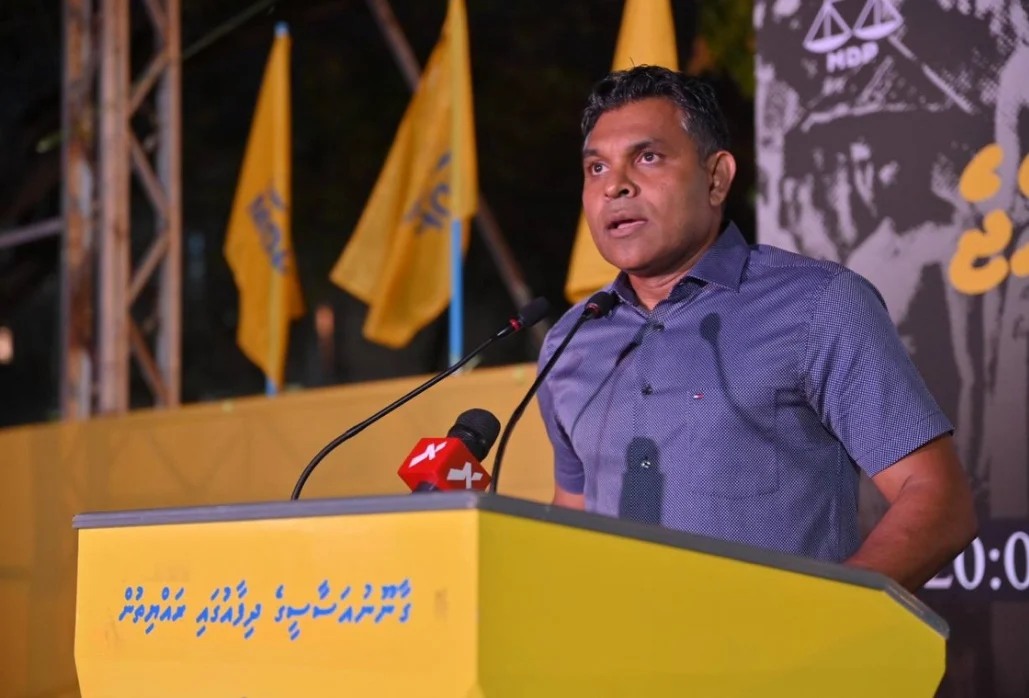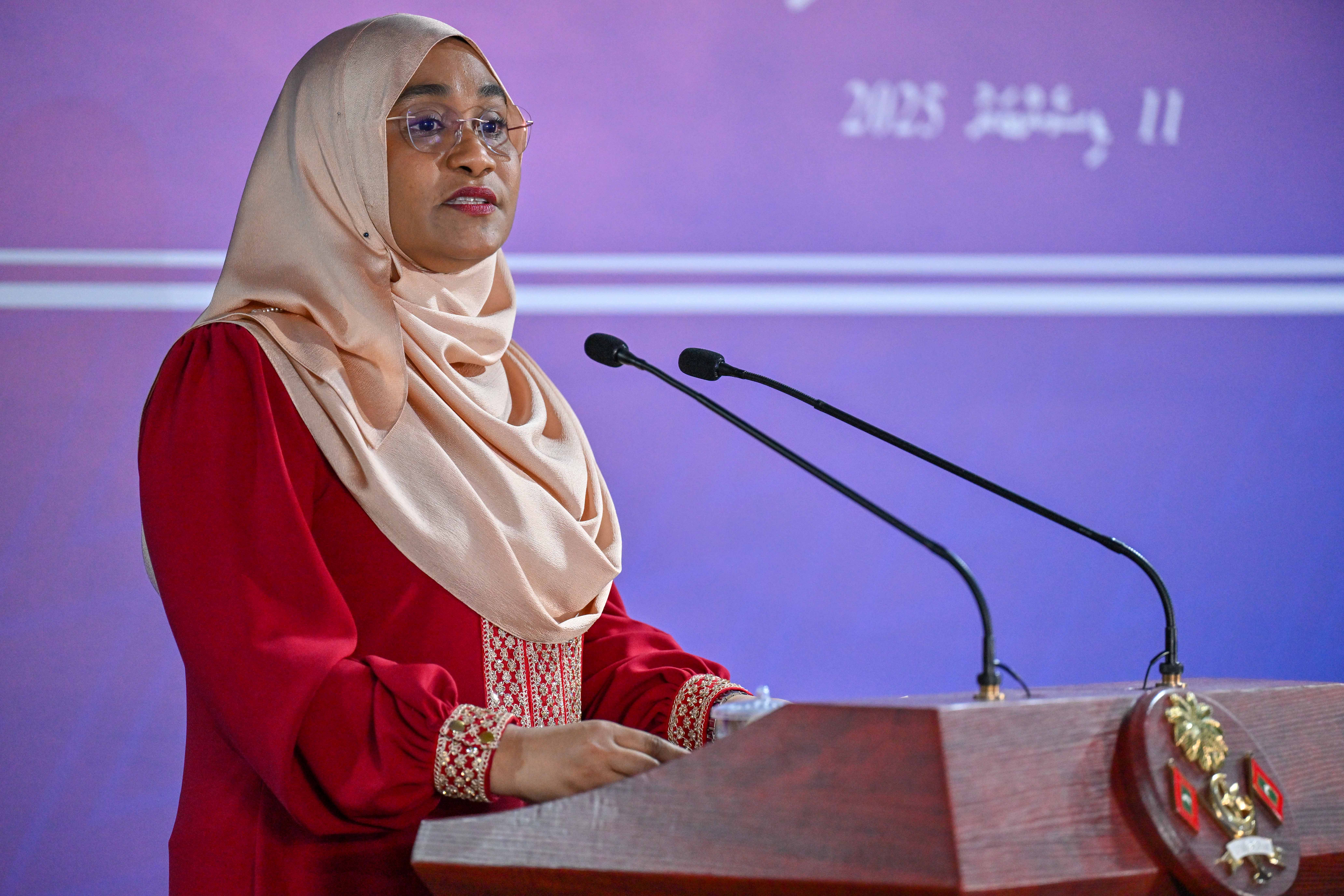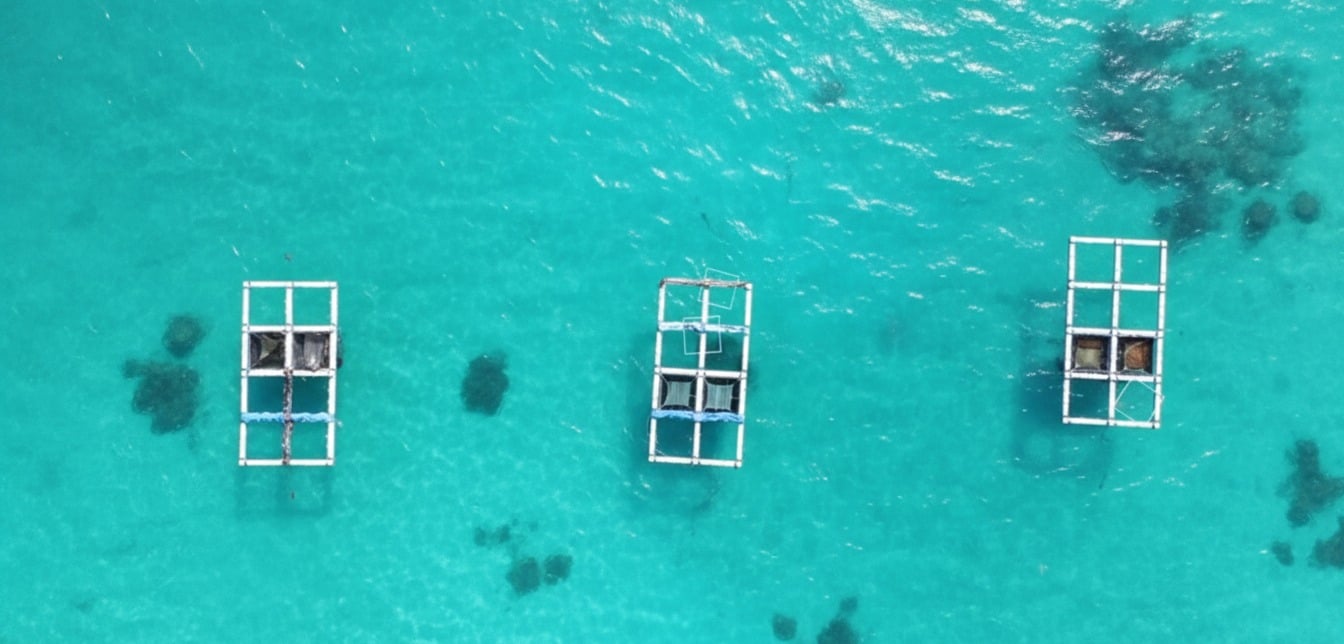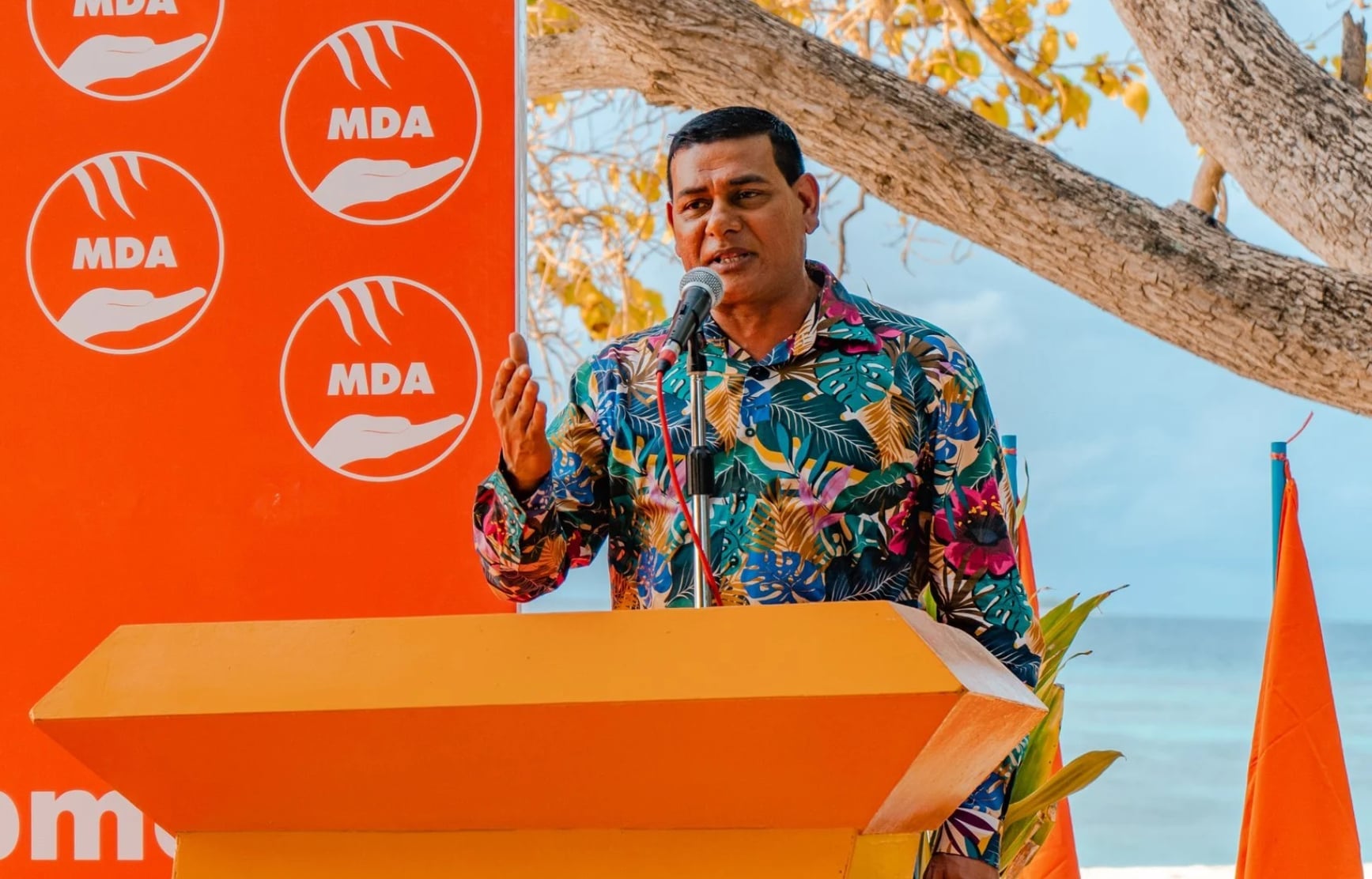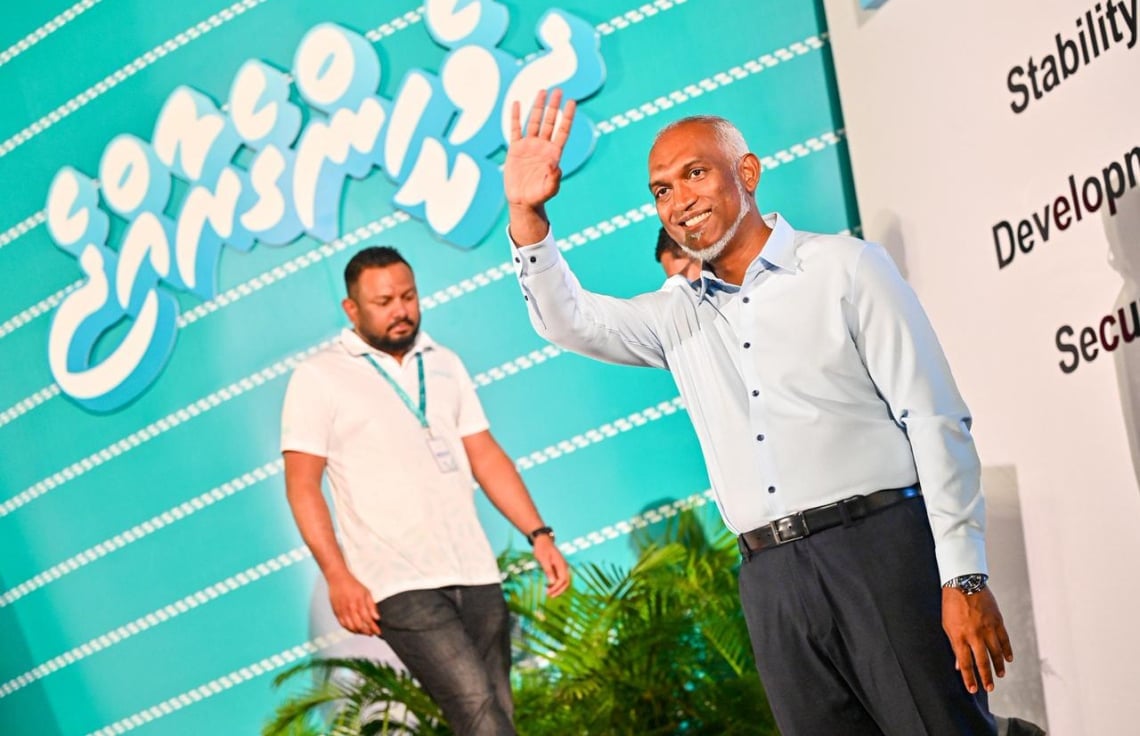Despite allegations of mistreatment from rights organizations and the State Department, Indian Prime Minister Narendra Modi denied the existence of discrimination against minorities within his administration on Thursday during a press conference with US President Joe Biden.
Asked at the press conference what steps he was willing to take to “improve the rights of Muslims and other minorities in your country and to uphold free speech,” Modi suggested they did not need to be improved.
“Our Constitution and our government, and we have proved democracy can deliver. When I say deliver — caste, creed, religion, gender, there is no space for any discrimination (in my government),” Modi told reporters.
The State Department, however, expressed worry about how Muslims, Hindu Dalits, Christians, and other religious minorities are treated in India, as well as mentioning a crackdown on journalists, in reports on human rights and religious freedom.
Biden was asked to bring up the subject with Modi, whose Hindu nationalist Bharatiya Janata Party (BJP) has been in power since 2014, by rights campaigners and scores of Democratic Party politicians.
During Modi’s address to the Congress on Thursday, the only two Muslim women members of the US Congress — Representatives Ilhan Omar and Rashida Tlaib — along with some other progressive lawmakers like Representative Alexandria Ocasio-Cortez, boycotted the address, citing allegations of abuse of Indian dissidents and minorities, especially Muslims.
According to Modi, everyone may benefit from the initiatives of the Indian government. However, rights organizations claim that since Modi gained government, attacks on journalists, minorities, and dissidents have increased.
In the World Press Freedom Index, India has dropped from 140th place in 2014 to 161st place this year, marking its lowest position ever. For five years running, India has also topped the list of countries with the most Internet shutdowns worldwide.
Asked at the press conference what steps he was willing to take to “improve the rights of Muslims and other minorities in your country and to uphold free speech,” Modi suggested they did not need to be improved.
“Our Constitution and our government, and we have proved democracy can deliver. When I say deliver — caste, creed, religion, gender, there is no space for any discrimination (in my government),” Modi told reporters.
The State Department, however, expressed worry about how Muslims, Hindu Dalits, Christians, and other religious minorities are treated in India, as well as mentioning a crackdown on journalists, in reports on human rights and religious freedom.
Biden was asked to bring up the subject with Modi, whose Hindu nationalist Bharatiya Janata Party (BJP) has been in power since 2014, by rights campaigners and scores of Democratic Party politicians.
During Modi’s address to the Congress on Thursday, the only two Muslim women members of the US Congress — Representatives Ilhan Omar and Rashida Tlaib — along with some other progressive lawmakers like Representative Alexandria Ocasio-Cortez, boycotted the address, citing allegations of abuse of Indian dissidents and minorities, especially Muslims.
According to Modi, everyone may benefit from the initiatives of the Indian government. However, rights organizations claim that since Modi gained government, attacks on journalists, minorities, and dissidents have increased.
In the World Press Freedom Index, India has dropped from 140th place in 2014 to 161st place this year, marking its lowest position ever. For five years running, India has also topped the list of countries with the most Internet shutdowns worldwide.





